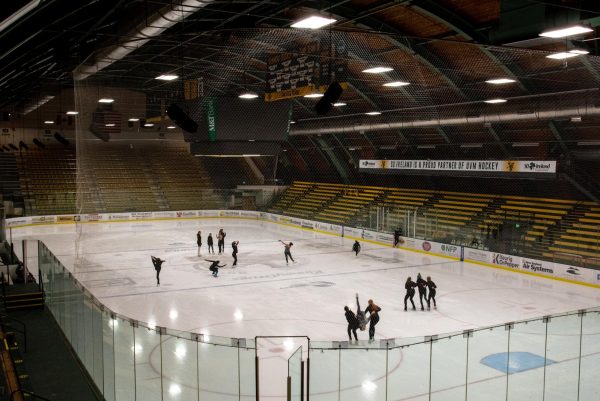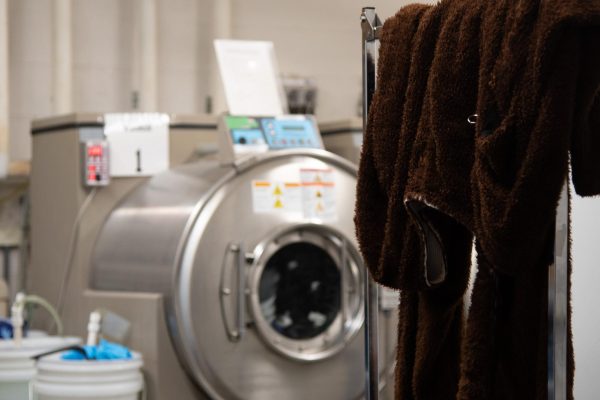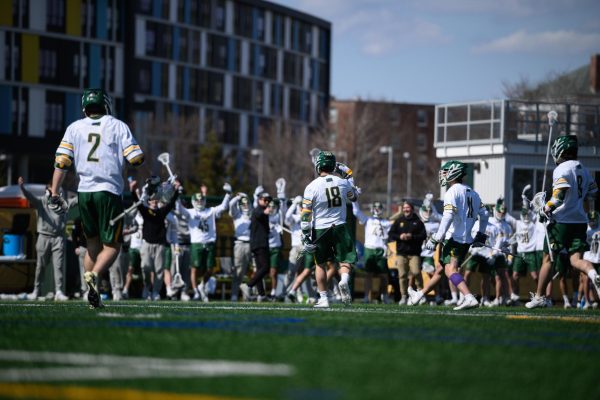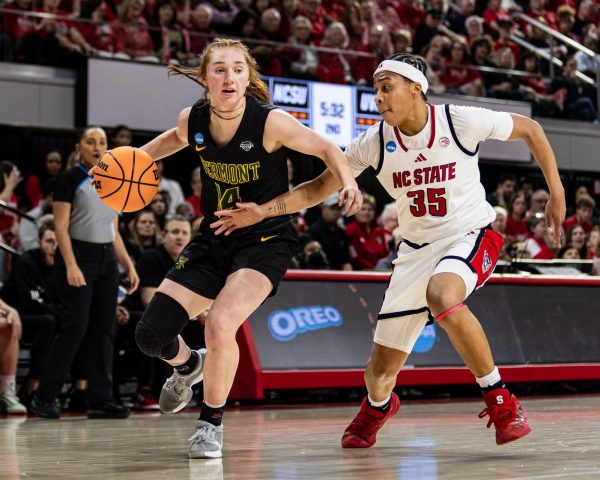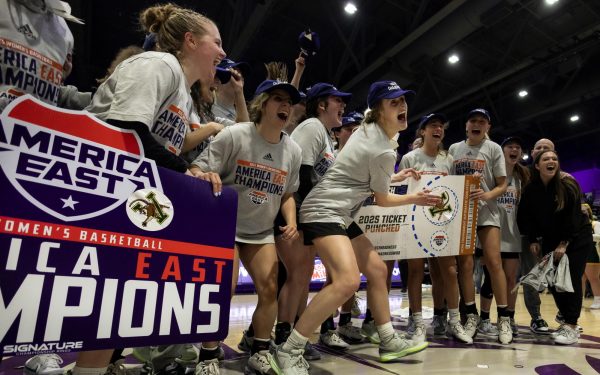NHL Lockout: Here we go again
Ê
For the second time in 10 years, and the fourth time in 20, the NHL owners have locked out the league’s players, putting the 2012-2013 season in jeopardy.
A lockout could not have come at a more inopportune time for the league: NHL hockey is exciting again, the Winter Classic has become a New Year’s staple that both players and fans love and the Stanley Cup playoffs have arguably become the most captivating playoff format of the four major sports.
Sadly, as the collective bargaining agreement expires, money appears to be the core issue, and the division of revenues between players and owners.
As National Hockey League Players Association Executive Director Donald Fehr and NHL Commissioner Gary Bettman debate the issues, NHL players are wasting no time in making preparations for an extensive lockout.
Since Saturday night’s deadline passed, several players have already jumped ship and signed with teams in Europe for the duration of the lockout.
Most notable is reigning MVP Evgeni Malkin of the Pittsburgh Penguins who has signed with Metallurg in Russia’s Kontinental Hockey League. Detroit Red Wings’ star center Pavel Datsyuk will play for Ak Bars Kazan of the KHL and Jaromir Jagr of the Dallas Stars will play in the Czech League for Kladno.
The people who suffer the most from this are not owners, or players – but the fans. Eventually there will be hockey again and the owners will again generate revenues. Between now and then, most players will find places on elite teams throughout Europe.
NHL fans, however, are left to wait and watch. The fans are what have made the NHL profitable again; it’s the fans that have tuned in and sold out arenas across the league.
At present, there is a significant divide between the NHLPA and NHL owners. Besides determining the total percentage of revenues that go to players, the length of contract and how contracts are structured appear to be the biggest issues.
Across the board, owners aim to cut costs. The owner proposal includes a maximum of five years on all deals, a uniform salary level throughout the length of contracts, extending the lengths of entry-level contracts and expanding the qualifications for unrestricted free agency.
Such drastic financial changes would simply move money from the players’ pockets into those of the owners, while restricting players ability to maximize their own profitability.
The owners’ proposal must be taken as the proposal that it is, and the final Commercial Brokers Association will likely only marginally resemble what the owners put forward.
But the message remains clear: on-ice benefits do not outweigh the economic bottom-line. During the 2010-2011 season, 30 teams lost money. Team profitability poses two major issues in rewriting the collective bargaining agreement.
That being said, in 2009 Gary Bettman stated that no NHL team was worth less than $200 million. While the exact value of an NHL franchise is unknown, what is clear is that this lockout is, as Donald Fehr said, “not a requirement, it’s not something anybody has to do. If that’s the way it’s going to be, then unfortunately, that’s the way it’s going to be.”
Players have not felt the pain of missing a paycheck and owners have not yet lost ticket sales and concessions. When both do, it may put added pressure on both sides to sit down and negotiate. For now, there are no formal negotiations scheduled. No preseason games have been officially canceled, but that will be coming within days.
As both sides feel financial squeezed, maybe a resolution will be reached to save most or all of the season. I certainly hope so, but for now I am not holding my breath.


